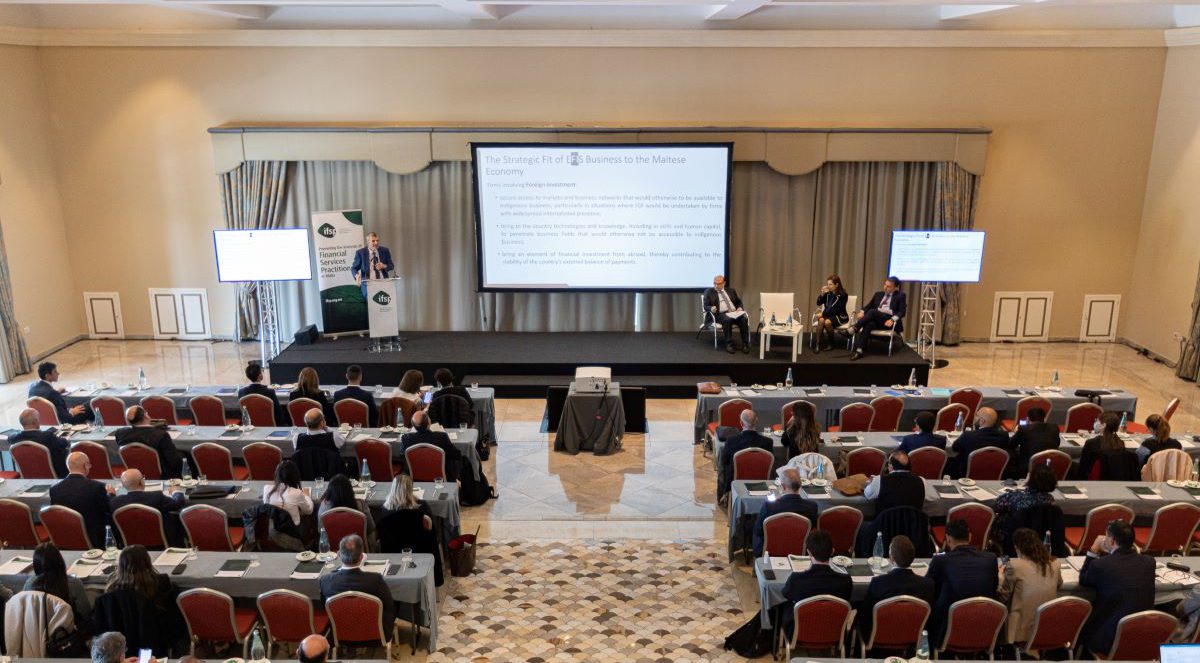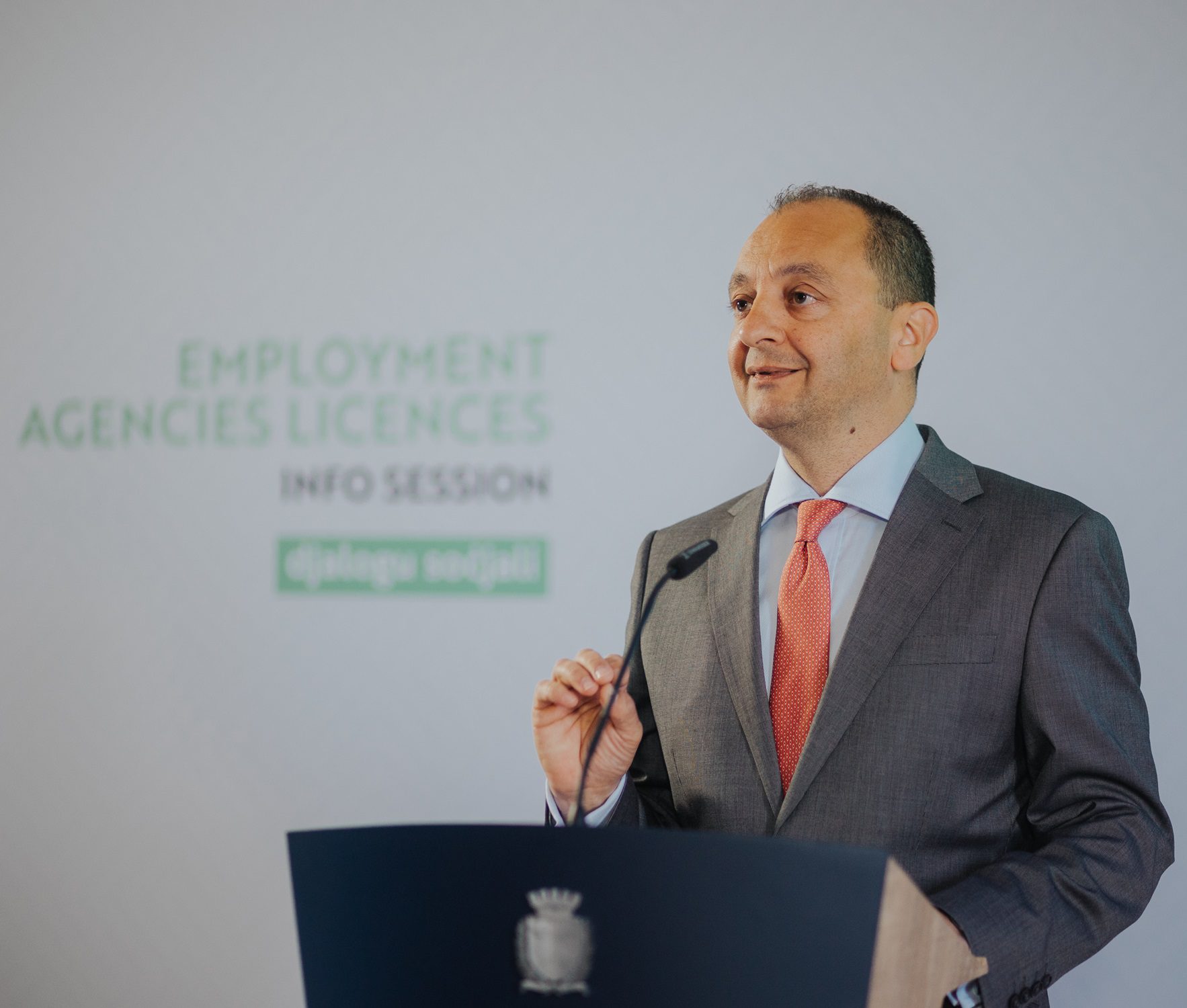A new report has drawn attention to the key role foreign investment in financial services, gaming, ICT and profesional services meant for exportplays in the Maltese economy, generating a fifth of its total value added and over 22,000 jobs while boasting a rate of productivity that is almost double the national average, with a far lower carbon and floorspace footprint
The report was jointly commissioned by the Institute of Financial Services Practitioners (IFSP), the Malta Institute of Accountants (MIA) and the Malta Institute of Taxation (MIT). Leading economist Gordon Cordina from E-Cubed Consultants Ltd, who also serves as chairman of BOV, conducted the in-depth survey of the sector.
Sharing his early conclusions at the IFSP Annual Conference in April, Dr Cordina described his approach as covering a “wider perspective of policy and business behaviour, covering a range of services activities with common competitiveness concerns which include and extend beyond those normally associated with financial services.”
Titled ‘The Contribution of Export-Oriented Foreign Direct Investment in the Services (EFIS) Sector to the Maltese Economy’, the report attempts to quantify the economic impact of export-oriented, foreign direct investment companies operating in the higher-value added services sector (EFIS).
This term, coined specifically for the purposes of the study, includes financial, professional, ICT and gaming services.
Based on 2019 figures, the report highlights that the three main injections to Malta’s economy – namely exports, creation of productive assets and government expenditure or private consumption – together create a substantial demand for business activity and an economic value added of more than €12 billion.
It goes on to outline that firms in the EFIS sector directly generated 19 per cent of the total value added in the Maltese economy.
In addition, the report showed that firms in the EFIS sector directly employed nearly 10 per cent of the total workforce in the Maltese economy during 2019 – equivalent to almost 22,200 people.
The report also finds that the EFIS sector significantly boosts the nation’s productivity, with labour productivity in EFIS firms in 2019 estimated at 189 per cent of that of the average level of labour productivity across the economy.
While the growth of the EFIS sector exceeded that of the overall economy, helping to accelerate overall growth, it also made direct, indirect and induced contributions in terms of value added and employment generation to the rest of Malta’s economy.
Of the €3,036 million total value added generated by direct and indirect effects of the EFIS sector’s activity, firms outside the EFIS sector had a value added of around €194 million and 4,700 jobs.
The report also records that firms in the EFIS sector have a relatively low carbon and floorspace footprint in comparison to other sectors in Malta, while offering high salaries.
This report’s findings show that foreign-owned entities engaged in the export of services contribute significantly to Malta’s economic output, employment, government revenue, productivity and economic growth, whilst having a relatively low impact on the environment compared to other sectors of the economy.
The study therefore makes it possible to gauge the full extent of the EFIS sector’s significant contribution to Malta’s economy – and its importance as part of the nation’s economic future.
The report and its salient findings were presented to Prime Minister Robert Abela and Minister of Finance Clyde Caruana, and to the Leader of the Opposition Bernard Grech, Opposition Spokesperson for Finance Jerome Caruana Cilia, and Opposition Spokesperson for the Economy Ivan Bartolo.
ICT sector makes up 10.3% of Malta’s economy, most in EU
Malta was also in the top spots for value added from ICT services and ICT manufacturing
Building and Construction Authority CEO resigns days after fatal construction incident
Jesmond Muscat quits after less than two years in the role
Government launches portal for temping agencies to apply for a licence, following regulations
New regulations, aimed at regulating the sector and diminishing abuse, came into force on 1st April






